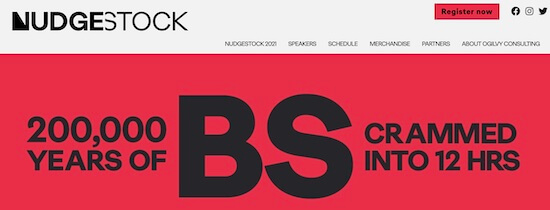
One key role for me with my clients is to help them see outside the hard sciences to the soft ones, to how people respond, react, behave.
Yesterday I wrote: “Business is simple, people are complex“, noting:
..designing a massive piece of infrastructure (think Panama Canal, Hoover Dam, The Shard) is certainly not simple, but it is complicated rather than complex. It can be considered as a (large) number of constituent parts and issues to be addressed, each of which can be quantified, assessed, designed for. Humans, on the other hand, are complex. We cannot design rules, systems, processes for how people behave.
I then listened to the latest weekly podcast from David McWilliams, and I share here part of the intro blurb to it:
why the so-called hard sciences are actually easy and the soft one, hard. We’ve always opened the podcast by saying that you need to understand human nature to understand the economy, so today instead of interrogating a specific topic, we look at value & value creation – because economics has to be more open to marketing & psychology to see the big picture and be materially better at creating a better future.
I am in fierce agreement with David here, in that hard sciences may be complicated, but they can be worked out. Humans and our behaviour are complex, so a never-ending source of mystery. David’s guest this week is Rory Sutherland, a fascinating thinker, absolutely obsessed with the irrationality of humans as regards what he calls the greatest social science experimental space, ie consumer capitalism. As he notes in the interview: “Value is created in the head, not in the factory.”
For more on Rory from past blogs:
- The problem with logic is it kills off magic
- Answer questions – by imagining the situation in reverse
- Pay someone to put their feet up
Rory is also holding a brilliant online festival this Friday, June 11th, called Nudgestock, “200,000 years of BS crammed into 12 hours”. Free, and promised to be brilliant. I am making time for it.
Now, a thought for you and one inspired by some recent conversations with C suite leaders of large corporations. In this time of great change, one thing CEOs fear is missing out on opportunities. One reason for this is that their senior leaders often fall prey to “if we do what we’ve always done, we get what we’ve always got”, in addition to the fact that most senior corporate leaders built their career through being highly effective managers. In short, they may be very good at working on today or tomorrow, but may miss the big opportunities that come from tangential thinking, from investing in understanding human behaviour, otherwise known as the complexity of the soft sciences.
Like Rory, one key role for me with my clients is to help them see outside the hard sciences to the soft ones, to how people respond, react, behave. Once they invest in that, they will often see opportunities that were never visible to or present for them before.
I encourage all of you to take more time investing in the soft sciences. Perhaps start with Nudgetstock this Friday ?
